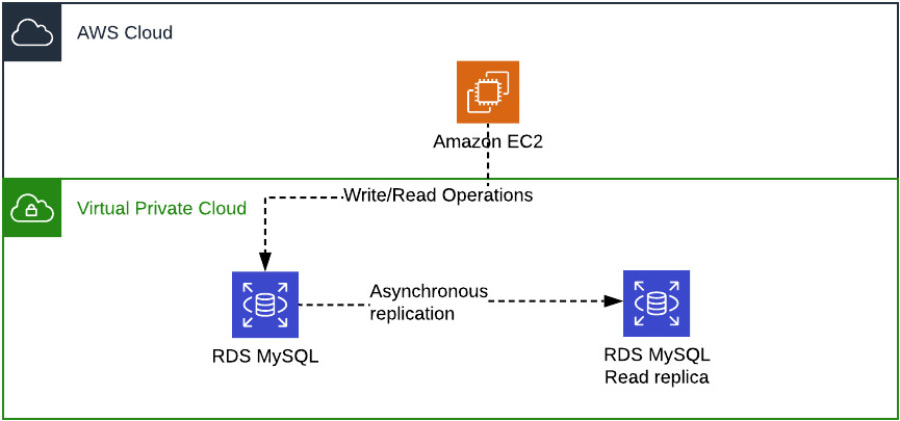Case Study
nClouds AWS Case Study | Genability
Founded in 2010, Genability provides solutions to suppliers and distributors of “new energy” – Smart Utilities and Retail Electric Providers (REPs). They help solar, storage, electric transportation, energy procurement, connected home, efficiency, and other businesses understand their customers’ energy costs, determine what their products are saving, and turn insight into opportunity. Genability has the industry’s only accurate and comprehensive cloud-based retail tariff database and rate engine. To learn more, go to https://www.genability.com/

Industry
Location
The Challenge
Featured Services
5x data throughput performance
Improved data reliability and availability
1000x data replication speed
CHALLENGE
Genability was an existing AWS customer and needed to improve the performance of their SaaS products. They wanted to migrate from the MySQL database engine on Amazon RDS to the Amazon Aurora database engine on Amazon RDS to tap Aurora’s superb performance, reliability, availability, and replica management. nClouds applied their migration expertise to help Genability design and execute the data migration.

“We were impressed by nClouds’ approach and execution on this project. They truly partnered with us as an extension of our team, sharing our goals, focusing on our success, and applying their deep data migration experience and expertise.”

THE SOLUTION
Genability engaged with nClouds for help designing and implementing the data migration. Before data migration, this is how Genability’s Amazon RDS for MySQL was set up. The Amazon EC2 instance was connected to Amazon RDS for MySQL, and asynchronous replication was set up between that database engine and a Read replica.
Ready to Accelerate?
No matter where you are in your cloud journey, we can help you migrate, modernize, and manage your AWS environment. Let’s accelerate your growth and fast-track your business outcomes.
